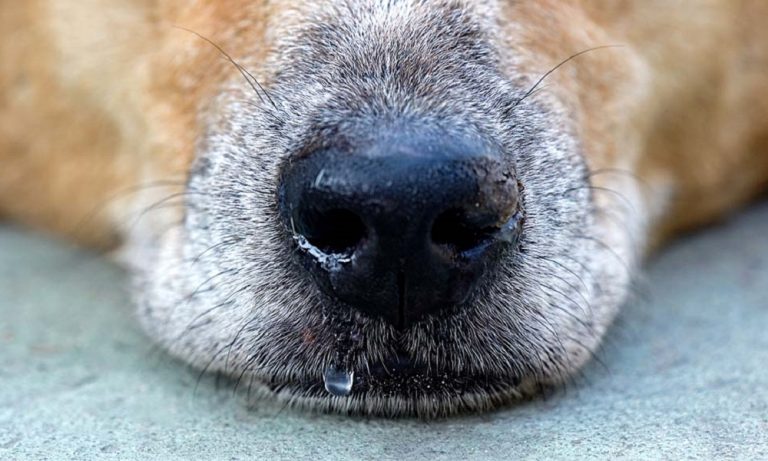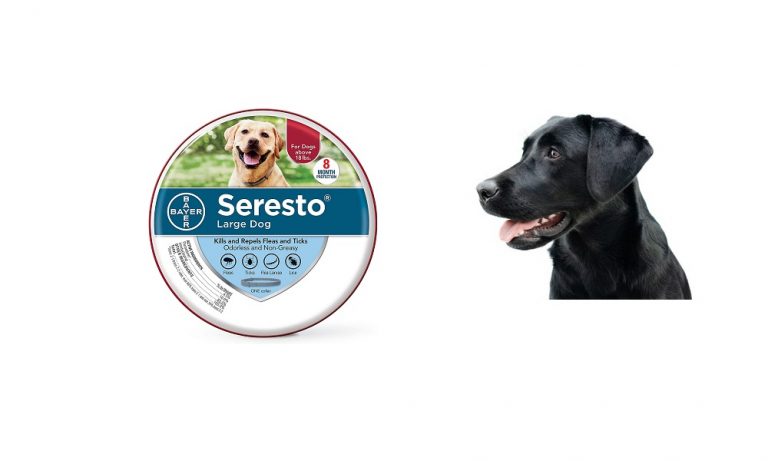Can Dogs Eat Lightning Bugs?
Lightning bugs, also known as fireflies, are fascinating insects known for their bioluminescent glow that lights up the night. However, when it comes to dogs and lightning bugs, caution should be exercised. Dogs are naturally curious creatures and might be drawn to the blinking lights of fireflies.
While the occasional accidental ingestion of a lightning bug is unlikely to cause serious harm, it’s still a good idea to discourage dogs from eating them. Fireflies contain compounds called lucibufagins, which are toxic to animals when ingested in large quantities.
Ingesting multiple fireflies could potentially lead to gastrointestinal upset, including vomiting and diarrhea. Additionally, these compounds can cause drooling and other mild symptoms in dogs. However, it’s important to note that severe poisoning from eating lightning bugs is quite rare, as dogs tend to spit them out due to their bitter taste and pungent smell.
If you notice your dog attempting to eat lightning bugs, it’s recommended to intervene and discourage the behavior. Teaching the “leave it” or “drop it” command can be helpful in these situations. If your dog does consume a lightning bug, monitor them for any signs of distress, such as excessive drooling, vomiting, or diarrhea. If you observe severe symptoms or if your dog ingests a large number of fireflies, it’s advisable to contact your veterinarian for guidance.
What Bugs are Bad for Dogs to Eat?
It’s important to be aware that certain bugs are bad for dogs to eat. Eating the wrong types of bugs can have serious repercussions on their health and wellbeing, so it’s important to steer clear of any insects that may cause harm.
Some common culprits include bees and wasps which contain venom in their stingers; cockroaches, fleas, ticks, spiders and mites which carry a variety of parasites or bacteria; caterpillars which may contain toxins; ants with formic acid in their bodies; sowbugs whose exoskeletons could pose a choking hazard if swallowed; millipedes with toxic secretions from glands located along its body segments; as well as snails or slugs that might expose your dog to parasitic worms if ingested.
If you suspect your pup has eaten an insect they shouldn’t have (or worse yet – you witness them eating one!), contact your vet immediately for advice.
Are Lightning Bugs Poisonous?
No, lightning bugs are not poisonous. Also known as fireflies, these small insects emit a glowing light from their abdomens that comes from a chemical reaction within their bodies. The light is used to attract mates and warn predators of its bad taste; however, the chemicals in the luminescent organ do not cause any harm to humans or other creatures.
In fact, they may be slightly beneficial because they help reduce the amount of pests in gardens by eating them. Lightning bugs typically live for around two months and can be found in many parts of North America during summer evenings when temperatures are warm enough for them to become active.
So while these tiny flying lanterns may look attractive, they won’t harm you if accidentally ingested — just remember to catch and release!
Is It Ok If My Dog Eats Bugs?
Yes, it is perfectly okay if your dog eats bugs. Bugs are a natural source of protein and can be beneficial to the health of your pup! Dogs naturally have an instinct to hunt and eat small creatures like insects in order to satisfy their nutritional needs.
In addition, bugs contain essential amino acids that are important for overall canine health. However, you should make sure that the bug your dog is eating isn’t harmful or poisonous. If you notice any adverse reactions after they eat certain types of bugs, then it may be best to avoid giving them those type of pests as treats.
Additionally, some owners use insect-based diets as a way to supplement their pet’s nutrition when food sources are limited or unavailable so this could also be something worth considering if necessary.
Do Lightning Bugs Carry Diseases?
Lightning bugs, also known as fireflies, are a beloved summertime sight. But do they carry diseases? The good news is that lightning bugs typically don’t transmit any infectious diseases to humans. However, some species of lightning bug can be vectors for plant pathogens.
One such example is Pseudomonas syringae pv. phaseolicola which causes bean bacterial blight in certain legume crops including beans and peas. In this case the lightning bug acts as an intermediary between infected plants and healthy ones allowing the disease to spread more quickly than it would on its own without the insect’s assistance.
Fortunately for us, these types of plant diseases don’t affect humans directly so we have no need to worry about catching anything from our neighborhood lightning bug population!
Can Dogs Bring Bugs into Your Home?
Dogs can bring a variety of bugs into your home. Fleas, ticks, mites, and lice are the most common insects that dogs may carry in from outside. These pests often attach themselves to fur or hair on a pet and then make their way into the house.
To keep these unwelcome guests away, regularly groom your dog with flea/tick powder or shampoo and check them for any signs of infestation after being outdoors.
Dogs Bugs
Dogs and bugs often live in harmony, as long as the bugs aren’t harmful to the dog. In fact, dogs can help keep bug populations down by eating them! However, it is important to be mindful of which types of bugs your pup may be ingesting when they are outside.
Some insects like ticks or fleas can carry serious diseases that could pose a danger to your dog’s health if ingested.
Dog Eating Grubs?
Eating grubs may not be a part of the traditional canine diet, but it is actually quite common for dogs to eat grubs. Grubs are larvae of various beetle species, and they are filled with essential vitamins and minerals including calcium, magnesium and phosphorus which can help to boost your dog’s overall health.
Furthermore, grubs offer an excellent source of protein that can contribute to muscle development in growing puppies or maintenance in adult dogs.
Conclusion
In conclusion, lightning bugs may seem like a tasty snack to your pup, but it is best to avoid feeding them to your dog. Insects can be dangerous for dogs and can cause digestive issues as well as other health problems.
If you see your pup snacking on lightning bugs in the summertime, it’s best to discourage them from eating these insects and instead give them a safe treat that will provide their bodies with the nutrients they need.





